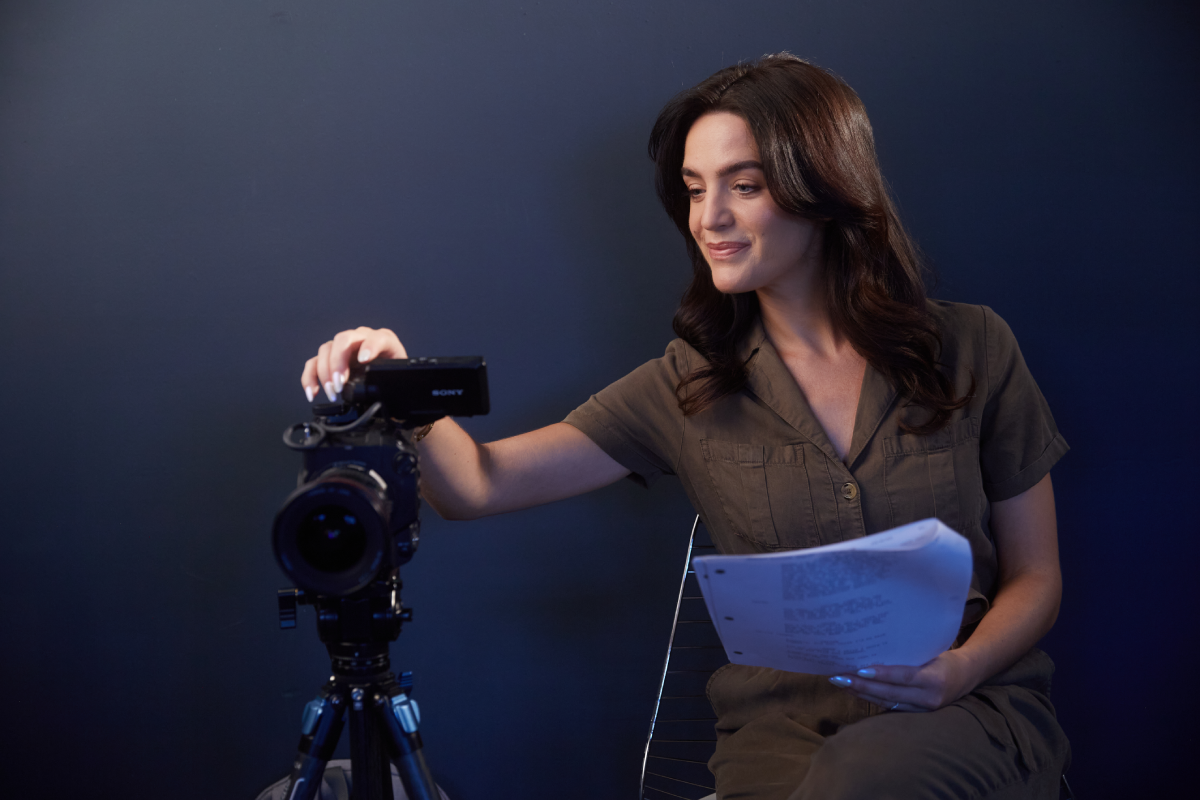Tips for navigating the stage as a dyslexic performer and advice for industry professionals when working with neurodiverse actors.
It’s estimated that around 10% of the British population are dyslexic. But that figure leaps dramatically to around a third within the performing arts! Acting, dancing and singing often appeal to those who struggle to express themselves or understand verbal language. However, it’s also an art form built on learning from scripts, cold reads, and seemingly-endless email chains with producers and agents.
Whether you’re a neurodiverse performer yourself, wondering if you might be, or are an agent, producer or other behind-the-scenes bod who wants to make things a little easier on the dyslexic artists you work with, we’ve compiled some handy tips for navigating the stage as a visual-spatial thinker.
Get diagnosed early (if you can)
The British Dyslexia Association explains that the condition can “have an affect on areas such as coordination, organisation and memory,” not just the ability to read or write. This means that dyslexics are better visual and kinaesthetic learners, able to take in new information when all their senses are engaged. There is a huge amount of support on offer for those with dyslexia – you just have to know where to look.
Literacy issues can be an early sign, but still many people are not diagnosed as dyslexic until they’re in their forties! If you think you might be neurodiverse, it’s good if you can get diagnosed early, to receive the support you need. Suffering in silence can knock your confidence. Organisations like the Arts Dyslexia Trust offer online tests to help identify if you’re a visual-spatial learner.
Be as open as possible
Dyslexia means that, simply, your brain interprets the world in a different way – a boon to the creative mind in a lot of ways! It can be annoying when you’re trying to express yourself and struggling, but letting others know what you’re dealing with can go a long way in helping you overcome that.
Last-minute rewrites of lines you went to great pains to learn, shooting scenes of a script out of order, rehearsing without a set and then suddenly having to navigate an unfamiliar space with familiar blocking; all common irritations for the neurodiverse performer.
Something as simple as requesting extra time from your director can improve things immensely, as long as you’re comfortable doing so. It’s a heartless casting director who would ignore a request for a little longer to prepare for an audition. Having a sympathetic agent aware of your situation takes a lot of the stress out of that, too. Plus, guess what? Dyslexia is covered by the Equality Act 2010, meaning educators and employers alike are obligated to provide reasonable adjustments or support.
Give yourself the extra support
Okay, so you’ve let your collaborators know about the support you need (and you’re listening, right guys?). You also have to make sure you offer yourself some ‘reasonable adjustments’ when it comes to preparing for a project as well. For those whose dyslexia manifests in struggling to read, learning lines can be approached from any number of alternate angles.
Breaking up each line and learning the meaning, rather than focusing on the words themselves, is a good place to start. The app stores are booming with line reading apps, from those which allow you to record and playback the script at varying speeds, to others which can automatically turn a photo of a page into an automated (if slightly robotic) reading. In an article for The Stage actor Lauren McCrostie explained that she understands “a play through mind maps, songs and images – not cue cards and essays.”
Another easy fix for when the page seems to be swimming with serif-laden soliloquies? Drop the play text (or script, or whatever) into a Word document, switch it to a font that you can parse easily. Arial and Geneva are good, dyslexia-friendly typefaces. Then, print it off on coloured paper. The difference should be obvious straight away. And again, all of these are good tips for those working with a neurodiverse cast and crew. If anything, providing play texts in this format should be standard practice!
Practice makes perfect
While neurodiversity can often make for a more skilled public speaker, don’t rest on your laurels. Being a successful performer means constantly challenging yourself and learning new skills. One of the most common pieces of advice for dyslexic actors wishing to build confidence in auditions and readings is to pair with a good improv tutor.
Confidence can be a real mental block for the dyslexic performer. The brain make-up causes issues with memory and comprehension, but then the anxiety that brings on can be the real mind-killer. Understanding the workings of improvisation can reassure you that, hey, being on stage isn’t a big deal. Rolling with the punches can mean that, even if your mind goes blank, you can still understand the emotions beneath a scene, if not the words on the page.
Dyslexia and acting coach Deborah Leveroy, who wrote the book (well, a book’s worth of academic papers on neurodiverse performers), echoes this sentiment. “Trust your instincts and your ability to make guesses and ‘get the gist’ from the text. If you don’t know what a word means… then guess and make it work for the context of the scene,” Leveroy writes. “If it is wrong, the director can always give you a note, but they are not going to cast you on the basis of you understanding the word ‘antithesis’.”
Remember: you’re not alone
Confidence and the strength to ask for support is the key thing when persevering as a neurodiverse performer. It can be quite the comfort, then, to know you’re not alone. Stars of stage and screen including Keira Knightley and Judi Dench, legit blockbuster celebs including Keanu Reeves and Tom Cruise, and sitcom supremo Henry Winkler all identify as dyslexic. And what’s Fonzie like?
Watch videos and read more articles about inclusivity and diversity in the acting profession.
Tom Baker is a freelance writer and ex-theatre employee based in East London. His work has appeared everywhere from film magazines to product descriptions of shampoo to the course pages of major universities. He’s heard most of the Doctor Who jokes about his name, but precious little riffing on Randall & Hopkirk (Deceased).



















